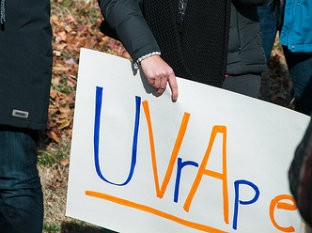Rape on campus

Among advocates for victims of sexual assault, it has become a truism that victims’ stories should be believed. Sexual assault is habitually underreported, and victims’ accounts are often dismissed because they are inconvenient. The National Victimization Survey found that 80 percent of college women who say they were raped did not report the rape to the police.
This approach seems to have shaped the November Rolling Stone article about rape at the University of Virginia, which opens with a vivid account of a gang rape at a fraternity party in 2012 that was not reported at the time. The alleged victim, a woman named Jackie, had been reluctant to tell her story—to friends, police, college administrators, or the reporter from Rolling Stone. She told journalist Sabrina Rubin Erdely that she would tell her story only if the alleged perpetrators were not contacted.
It is difficult to know why a reporter would consent to a request not to investigate the facts. As it turns out, nearly every detail of Jackie’s story crumbled under scrutiny. Rolling Stone was finally forced to declare: “We should have not made this agreement with Jackie and we should have worked harder to convince her that the truth would have been better served by getting the other side of the story. These mistakes are on Rolling Stone, not on Jackie.”





